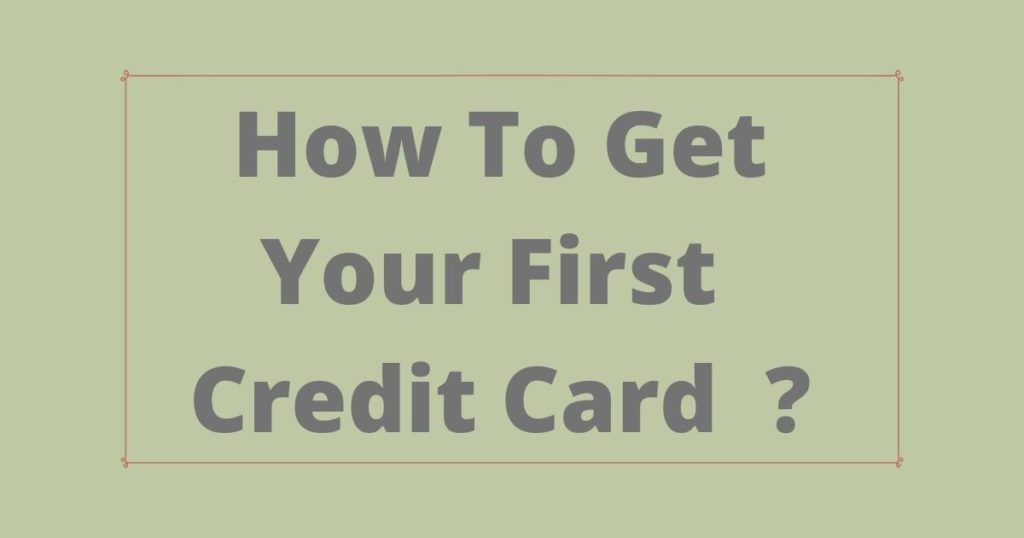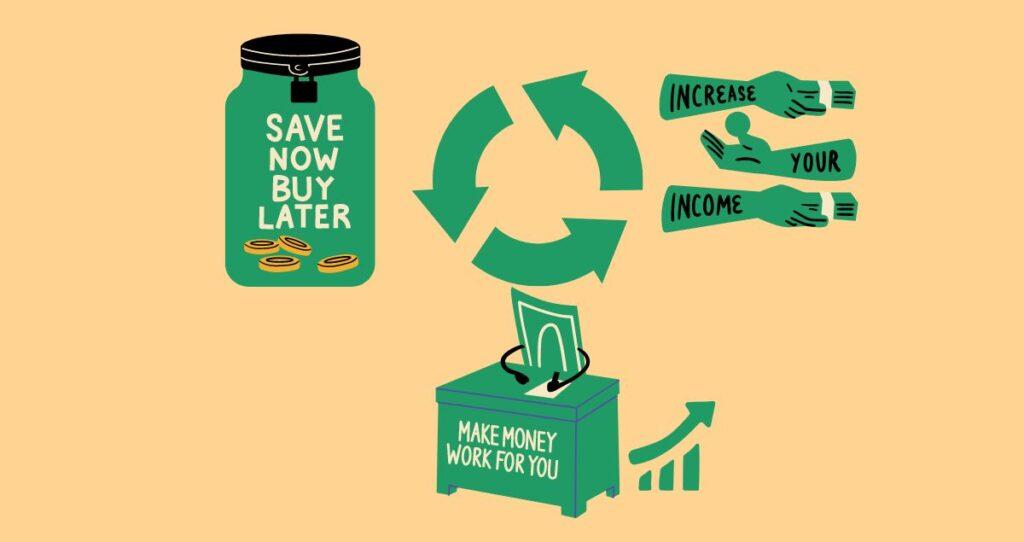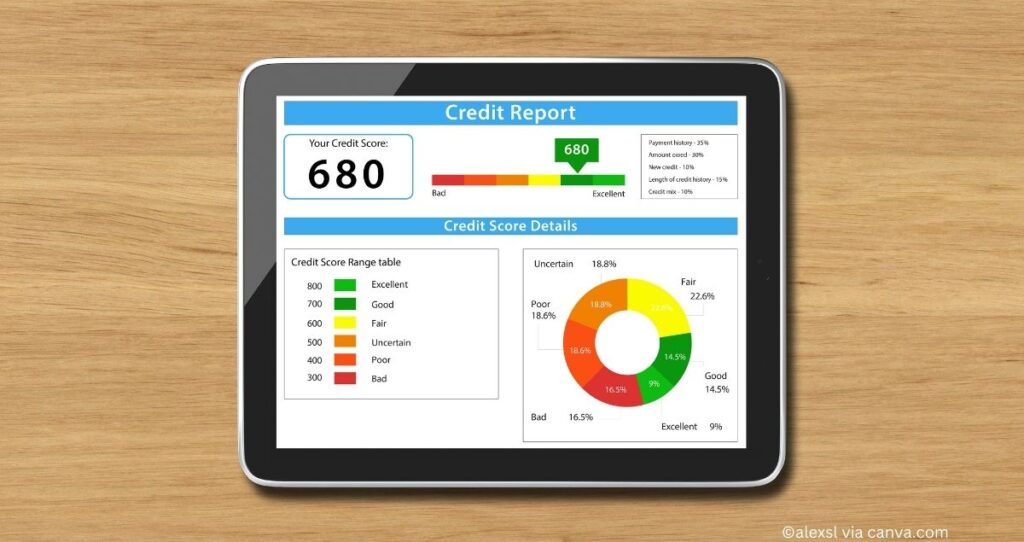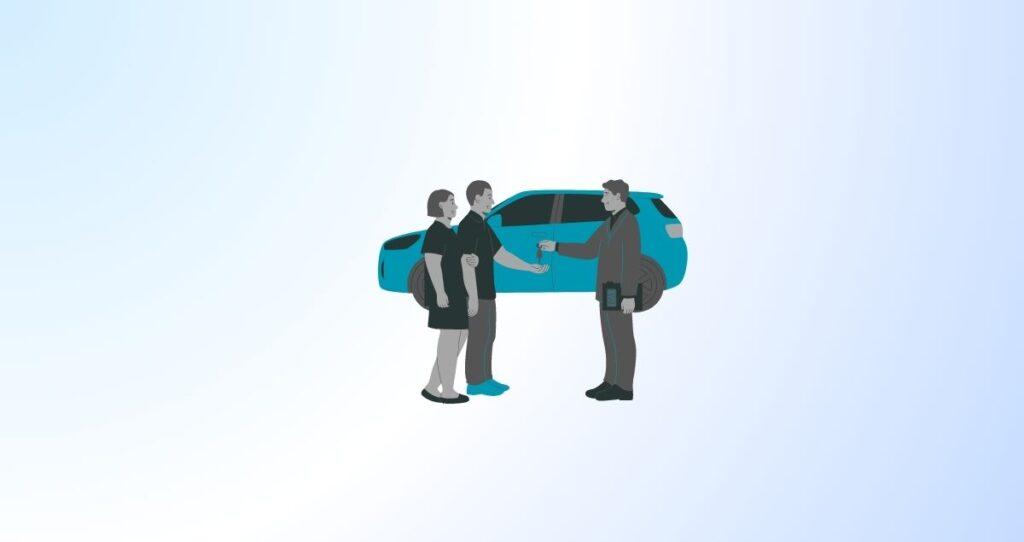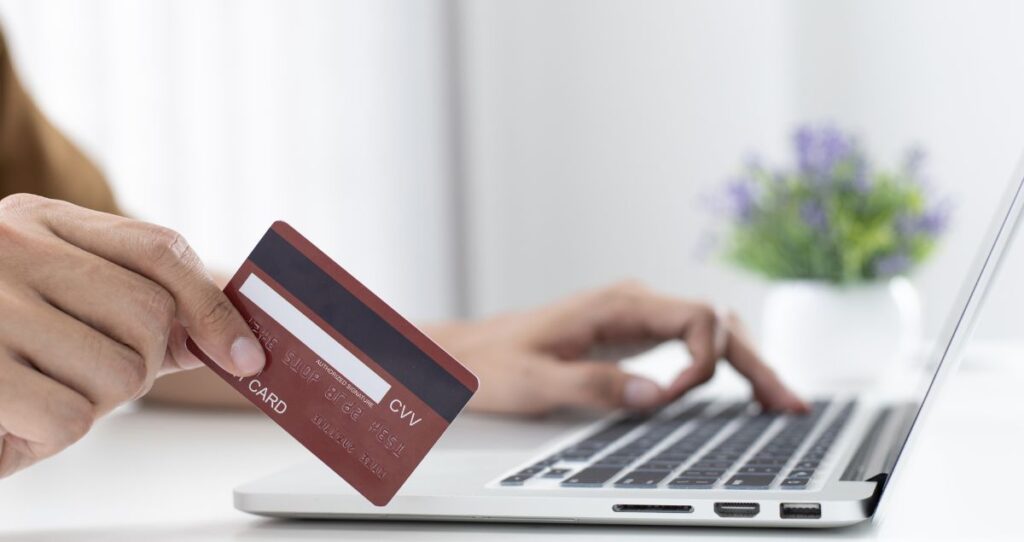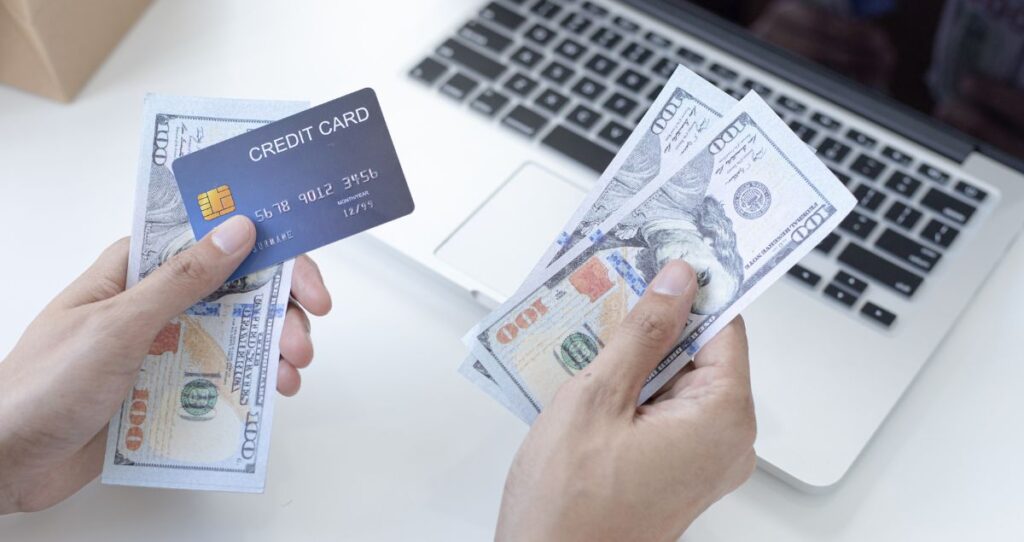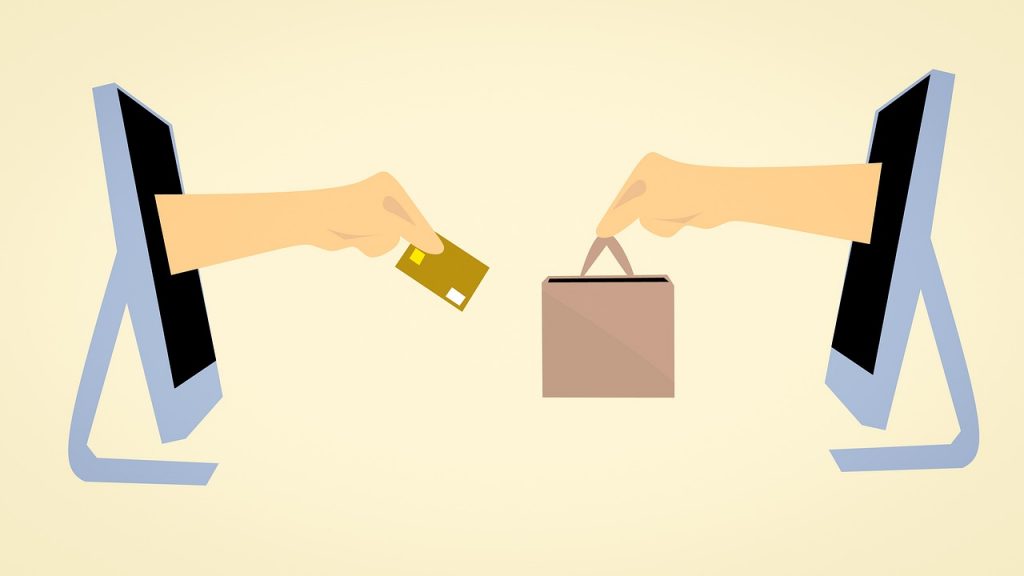How to choose my first credit card? If you never had a credit card before or want to get another credit score, this article is designed for you.
Choosing your first credit card can be a little hard especially for people who don’t have a credit history. That is, you never had credit cards and you did not have loans before.
When applying for a credit card, moneylenders will rely on your credit history to verify your creditworthiness. For example, if you had credit cards before, the lender will evaluate your payment history, credit use, etc.
This is why getting the first credit card can be a little intimidating. You don’t know if you will be accepted or denied. In addition, there is so much to learn even after getting your credit card.
In this article, we will walk you through the process of getting your first credit card and give you guides on how you can succeed using it.
What is a credit card?
A credit card is a card provided by financial institutions such as a bank or a credit union to consumers. This card allows users to pay for goods and services. In addition, it can be used to transfer funds, withdraw money, or pay for other credit cards.
Related article: What is a credit card?
It is important that you educate yourself about credit cards. This will help you learn how to choose the first credit card that will benefit you the most.
Why do I need a credit card?
The need for credit cards can vary from one person to another. In general, having a credit card will be more convenient than other payment methods.
Just like cash and debit card, your credit card will be used to make purchases for goods and services. However, your credit card has an edge over your cash in terms of security.
If you are robbed, for example, it will be difficult to recover your cash. Once your money is gone, it is over unless you catch the robber. In addition, there is a limit to how much cash you can carry in your pocket. It is difficult to carry a lot of cash due to its weight.
Credit cards, on the other hand, can increase your security. If you are robbed, for example, there is a chance that your card can be canceled before the robber uses it. Your credit card providers monitor your transactions and can sometimes deny access to the card if they notice unusual activities.
Furthermore, you may not be liable for unauthorized transaction on your card.
More reasons you may consider getting a credit card besides payment, safety, and convenience.
- Building your credit: You can build your credit history by having a credit card.
- Check your credit score for free: You could have a chance to check your credit score for free by having a credit card. Your lender may give you information about your credit score in your account or give you free access to your credit score through a third party.
- You may need a credit card if you want more purchasing power: A credit card will come with a credit limit which is the money your lender will allow you to spend on that card. Your purchasing power will be increased by this amount after getting a credit card. That is you have more money to spend on things you want to buy.
- If you want discounts on your purchases, get a credit card: Having a credit card will give you a chance of having discounts on certain purchases through cash rewards like cash backs and mile points.
- You can borrow against your credit card or use it to pay for other credit cards.
What credit card is best for me?
Picking your credit card could be a hustle. There are a ton of credit cards and credit providers out there. How do you know which one is best for you?
In this sections, we will help you evaluate the best credit card that will work for you.
The table below has credit card categories and the best credit cards in that category. Learn more about best cards in each category by clicking on the link provided for that category.
| Category | Best Credit Cards |
| Balance Transfer | Learn more from Cardratings |
| No Annual Fee | Learn more from Cardratings |
| Cash Back | Learn more from Creditcards |
| For Students | Learn more from USNews |
| 0% Intro APR | Learn more from Lendingtree |
| Business cards | Learn more from Forbes |
| High Credit Limits | Learn more from Comparecards |
| Travel | Learn more from CreditKarma |
| Starter Credit Card | Learn more from WalletHub |
The credit card you will get will depend solely on the reasons you want the card and if you are qualified for it. For example, if you want a credit card for shopping, you will focus on the card with the highest cash rewards on multiple purchases.
If you never had a credit card before, consider getting a starter credit card. You can find the best starter credit cards from a link provided in the above table.
How to choose my first credit card?
Picking a credit card could be simple or complicated depending on how you approach it.
Doing your homework beforehand will help you get the best credit card with less hustle.
The following are a few tips you can use to pick your first credit card.
- You need to know your credit score: If your credit score is not good, lending institutions may not approve your credit card application. In addition, when you get approved, you will not get the best card you want or credit limit you desire. If you never had a credit card but had other forms of credit such as loans, you will have a credit score. On the other hand, if you never had any credit at all, checking your credit score will not apply to you. Learn how and where to check your credit score.
- Choose a card with the lowest risk: Since you never had a credit card before, it is important that you focus on credit cards with low risks. Starter credit cards can help you get started. Also, you need to have a card with a 0% Annual Percentage Rate (APR) for the longest time possible. A 0% APR will allow you to use the card without paying interest on the outstanding balance until the high APR kicks in. These cards will help you learn how to safely use your credit card without exposing you to high risks. NOTE: Keep in mind that you must pay the monthly minimum payment to avoid charges and penalties.
- Shop around: There are multiple card providers with different interests, cash rewards, mile points, APR, etc. Shopping around will help you get the best credit card for your own situation.
- Submit your application: Once you have decided on the right card for you, you will need to submit an online application. You can also complete an application by going to your lender’s office. Make sure that you have personal information such as full names, address, date of birth, social security number, a valid ID, etc. Your lender will evaluate your application and approve your card or deny it. It will take between 5-10 business days to receive the card in your mail.
Related article: How to get a credit card?
How often should I apply for a credit card?
If you need a credit card, it is safer to not submit many applications at once. Submitting a single application in one or two years will be a great idea.
There is no limit to how many times you can apply for a credit card. However, you must understand that applying for a credit card will hurt your credit score. Learn more about what can hurt your credit score.
When you apply for a credit card, the provider will run a hard pull on your credit. A hard pull means that the card issuer requested to look into your credit in order to determine how risky it is to lend you money.
This hard pull reduces your credit score. According to Experian, a hard pull will reduce your credit score by 5-10 points.
A hard pull will show on your credit report as a hard pull or a hard inquiry. Your report or account will show the number of times you applied for credit in the past. For example, if you applied for credit 4 times in the last 12 months, your account will show 4 hard inquiries. It will take a few months to regain the points you lost as you use your credit card properly. That is paying all your bills on time, avoiding excessive credit use, and more hard inquiries, etc.
The effect of the hard pull on your credit score will fade away over time. According to NerdWallet, a hard pull will stay on your credit report for up to 2 years. However, it will not affect your score after 12 months.
To avoid wrecking your credit score, do not submit more than one application in 12 months. You don’t want a ton of hard inquiries on your report.
Not convinced yet…..
Last but not least, excessive credit card applications will send a wrong impression to lenders. The issuers will think that you are not financially stable, and therefore, desperate for a line of credit. For this reason, your profile could be downgraded from a risk-free to a risky borrower.
Once you are classified as a risky borrower, it will be difficult for you to get credits such as mortgages and loans in the future.
What to look for when choosing my first credit card?
When getting your first credit card, focus on cards with low risks. Starter cards will be a good option for you.
Focus on cards with a 0% APR that lasts for a long time. It is also a good idea to apply for cards that will have a low APR after the 0% APR time frame.
If you are getting a card for shopping and related expenses, you can focus on cards that have high cash rewards.
I recommend that you stay away from store credit cards. Although you will save a lot of money when shopping at these stores; you will not have the same savings when you use these cards at different stores. More importantly, you can not get a credit card for every grocery store.
For this reason, it is important that you get a card that will save you a lot of money regardless of where you shop.
It is equally important to apply for credit cards you are qualified for. This will increase your approval rate and minimize how frequently you apply for credit cards.
Last but not least, you can become an authorized user if you cannot choose a good card for you. This will give you a chance to use a credit card and build your credit score without having a credit card.
You can later make a decision on the card after having exposure and experience.
How do I use my first credit card?
Once you have your first credit card, make sure that you follow proper credit card use techniques. Understanding everything that will hurt your credit score will help you manage your credit card effectively.
These factors include but not limited to payment history, credit card use, hard inquiries, etc.
Make sure that you pay all your balance on time. If you fail to do so, you will pay penalties, related charges, and your credit score will be affected.
It is important to read the terms of use and conditions that come with the card to educate yourself about what to avoid on your credit card.
For example, your card issuer may not allow you do get cash advance from your credit card. Or your cash advance fees and charges could be much worse than getting a regular loan.
Knowing all restrictions, charges, and fees associated with your credit card will help you get the most out of it without jeopardizing your financial situations.
How to make money with a credit card?
- Sign up bonus: Some companies offer hundreds of dollars to new customers. For example, you can earn a $200 sign up bonus on a CHASE FREEDOM UNLIMITED. You can also earn a bonus by referring new customers to the lender. You will receive your commission after they are approved for the card.
- Cashback on groceries and other purchases: Most credit cards come with cash backs on groceries, gas, restaurants, etc. The percentage of cash backs is different from a lender to another and the credit card you have. Some lenders give like 5% on grocery shopping and a lower percentage on other purchases.
- Discounts: Grocery and retail stores offer discounts to customers who use their credit cards. This technique helps the store to acquire and retain long-lasting customers. At the same time, the customer gets to shop for less.
- Mile points: If you are a frequent flyer with a particular airline, you could earn points that could be used on the same airline. That is, you will redeem your points by using them to purchase tickets from the same airline.
